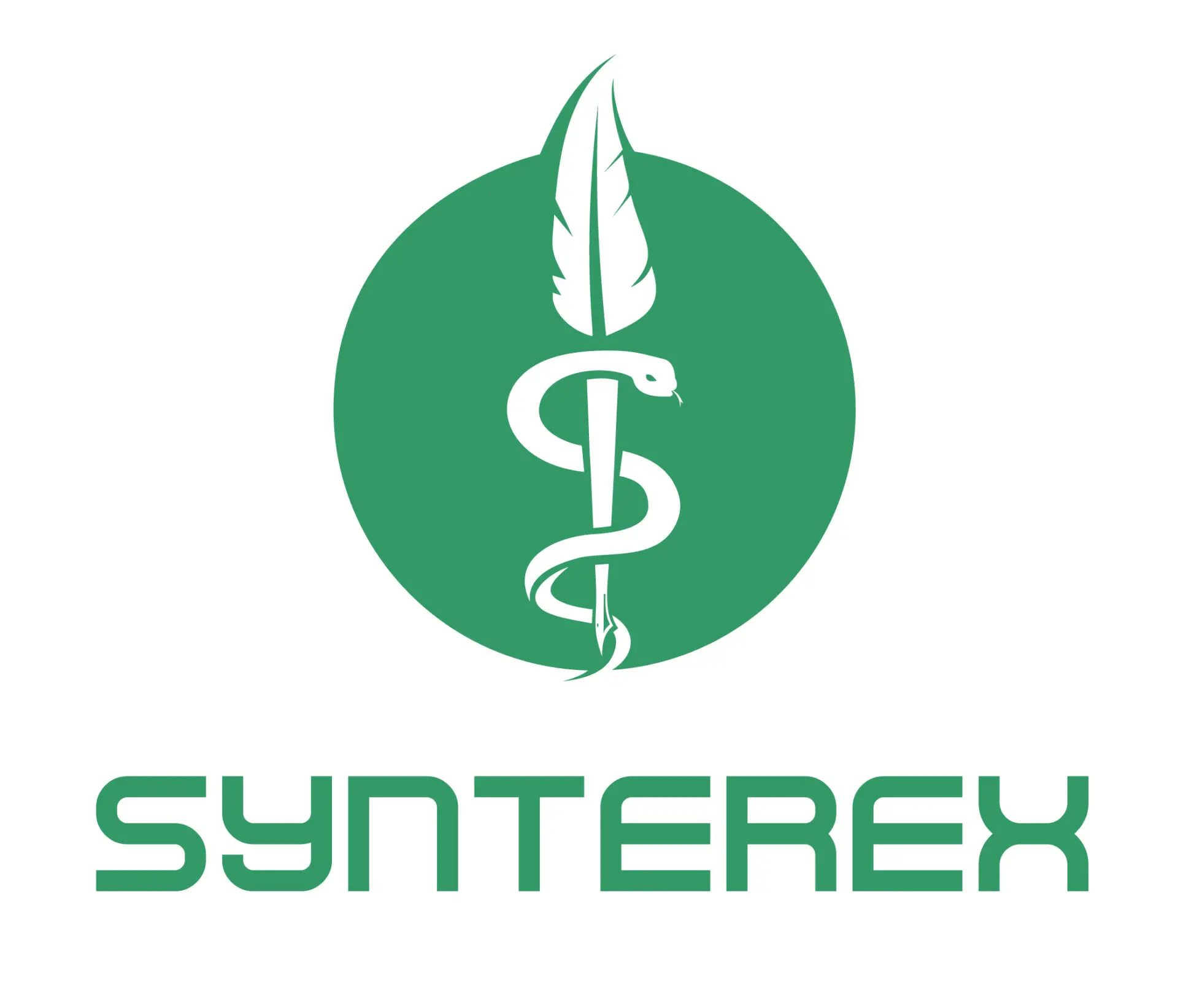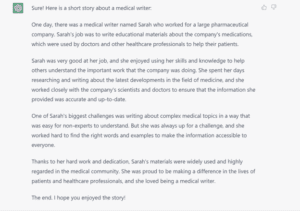Medical Writing & Pharma
Establishing early alignment with the FDA on the rolling submission approach is pivotal to your success. Before you initiate any submission activities, ensure you have secured the FDA’s agreement on both the timing and the scope of your rolling submission. This early communication ensures that there are no surprises later and allows both you and…
Read MoreWhat is a Biosimilar? In the scientific realm, biosimilars, akin to their reference products, are biologic medications. Approval for biosimilars hinges on demonstrating no clinically significant differences in safety and efficacy compared to the reference products. Picture them as biological siblings, crafted from the same sources as live cells or microbes, ensuring the same safety…
Read MoreWhen pursuing a Biologics License Application (BLA) or New Drug Application (NDA), meeting timelines is crucial. However, the path to approval is often fraught with potential delays. Understanding these risks—and knowing how to mitigate them—can make or break your timeline. Top 10 most common risks and expert tips on how to manage them effectively 1.…
Read MoreWhen preparing regulatory submissions, especially in fields like oncology, it’s crucial to focus on the end goal—the drug’s label or Summary of Product Characteristics (SmPC). These documents aren’t just regulatory requirements; they serve as the foundation for how the drug will be positioned in the market. Writing with the label in mind means threading key…
Read MoreWriting is often thought of as a solitary task. An author sits in a quiet, isolated environment, plugging away with their thoughts. With regulatory writing, this couldn’t be further from the truth. Instead, it’s often a chaotic mix of emailing colleagues, coordinating timelines, and managing input from stakeholders. As a medical writer or project manager…
Read MorePrepare for a successful Quality Control review! Download this poster, presented by Synterex at the 2023 American Medical Writers Association (AMWA) conference, or scroll down for a text-only version. Download this poster as a letter-size printable PDF Quality control (QC) specialists typically have an established process for reviewing documents, but the path will be…
Read MoreThe International Council for Harmonisation of Technical Requirements for Pharmaceuticals for Human Use (ICH) recently released a third revision of its E6 Guideline, also known as ICH E6 (R3). This revision introduces new concepts and updates in the realm of clinical trial methodologies, with an emphasis on quality, flexibility, and modernization. Let’s explore the key updates and discuss how they might affect medical writers.
Read MoreBy Katelyn Rivas Last year I had the pleasure of participating in the Synterex Regulatory Writing and Medical Communications Fellowship. I worked with and learned from Synterex staff members across all areas of the business, including medical writing, project management, quality control (QC), publishing, and business operations. Now that I have completed my fellowship and…
Read MoreWe asked ChatGPT to tell us a story about a medical writer; here’s what it got right and what it got wrong. Like many of you, when ChatGPT appeared in the news recently (mainly in reference to stories about students misusing the technology), I was curious. There have been many times in recent years when…
Read MoreBusiness skills matter. Download this poster, presented by Synterex at the 2022 American Medical Writers Association (AMWA) conference, or scroll down for a text-only version. Background Managers need the ability to orchestrate a company’s resources in a way that balances value proposition against cost and other multidisciplinary dynamic factors. Because medical writers tend to learn…
Read More- « Previous
- 1
- 2
- 3
- Next »





